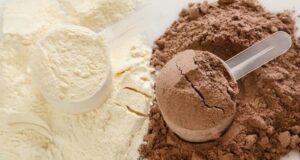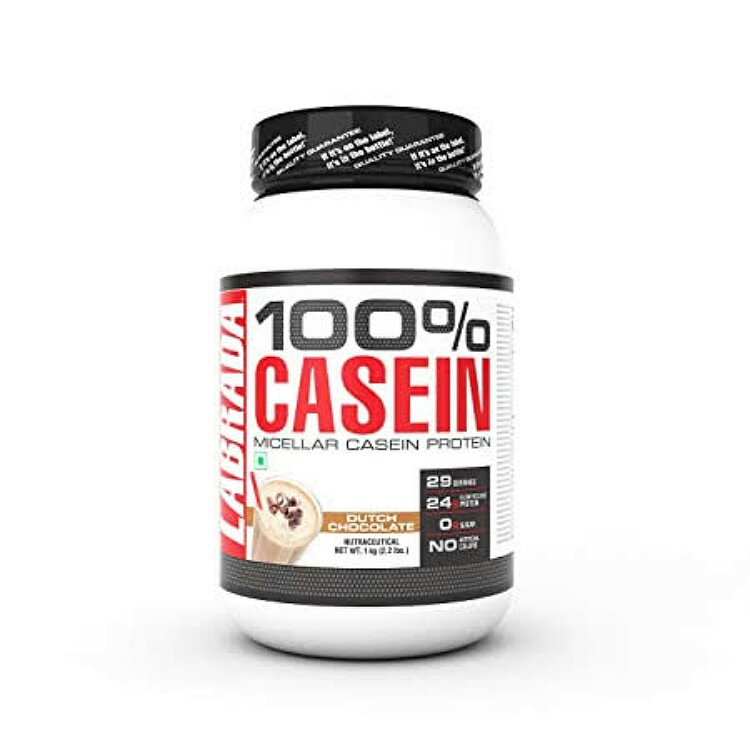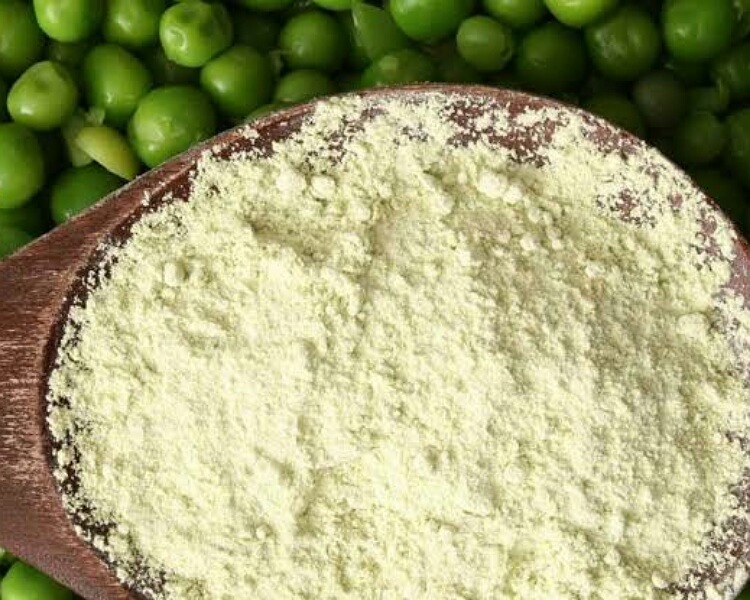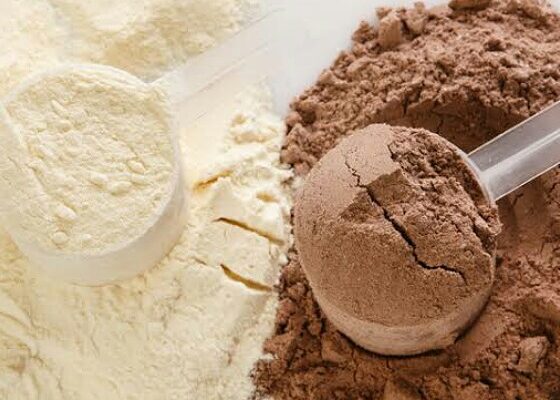There are innumerable types of protein powders available in the market now. If you are trying to buy one for yourself or your family, you are bound to be confused. You may not be able to tell which powder is the best for you. Here are some types of these protein supplements with their listed health benefits.
Protein powders
Proteins are extremely useful for the body. They are the building blocks in the body. One has to take them as part of a balanced and wholesome diet in adequate amounts. But some people like athletes or recuperating people might need extra proteins for the body.

If diet cannot provide sufficient amounts of proteins due to any reason, protein supplementation becomes essential. In such circumstances, which protein powder to choose? There are innumerable types of protein powders in the market. Which are these types and what is the health benefits of each?
Casein protein
Casein is a complex protein that is present in milk in amounts as much as 80%. It is insoluble in water. It is harder to digest than whey proteins that are water soluble. Clinical dietitian, Renee McGregor states:
‘For this reason, it has been suggested that casein-based drinks should be consumed prior to bedtime,’
If cow’s milk casein gives you stomach upsets, go for goat derived casein. It has 89% less casein in it compared to cow’s milk.

Whey protein
It is a byproduct during making of cheese. Renee opines:
‘Whey is the most tested [of the protein shakes] and the benefits of it are that it’s quickly absorbed into the body and so can stimulate muscle-protein synthesis quickly,’
But be sure that the protein powder has no added sugars. Otherwise, the health benefit would be lost. A recent study stated:
“Simulation of MPS in young men is greater after whey hydrolysate or soy protein consumption than casein both at rest and after resistance exercise [unilateral leg resistance exercise]; moreover, despite both being fast proteins, whey hydrolysate stimulated MPS to a greater degree than soy after resistance exercise.”
Whey has higher leucine content. This is better for performance and recovery.
Pea protein
This is vegan and comes from peas. Lactose intolerant people can take it safely. It is a complete protein with all 9 amino acids. Renee explains:
‘Pea protein is a good alternative for those individuals who are avoiding animal-based proteins,’
‘It is as close as you are going to get [in a non-dairy product] to the branched-chain amino acids found in whey.’

Brown rice protein
It is a good option for vegans and those with milk allergies. It helps muscle buildup and recovery and has fiber. But it’s digestion is slower compared to whey protein. Renee adds:
‘Rice itself is not hugely high in protein and lacks some of the essential amino acids,’
‘If I had to make a suggestion for a plant-based alternative, I would suggest pea, instead.’
Soy protein
It is a vegan protein. It has great protein content and a neutral taste. Hence it is good as an addition to shakes and smoothies.
Spirulina protein
Spirulina is an edible biomass of cyanobacteria. It’s protein is a complete protein with all nine essential amino acids. Also, it’s absorption is higher. Spirulina has 60 to 70% protein in it. Renee warns:
‘You would have to take on a huge serving to get the same protein benefits of some of the others on this list,’
Read here: Type 2 diabetes mellitus risk: lower with plant proteins than with animal proteins!
It has phycocyanin that gives it the antioxidant action.
